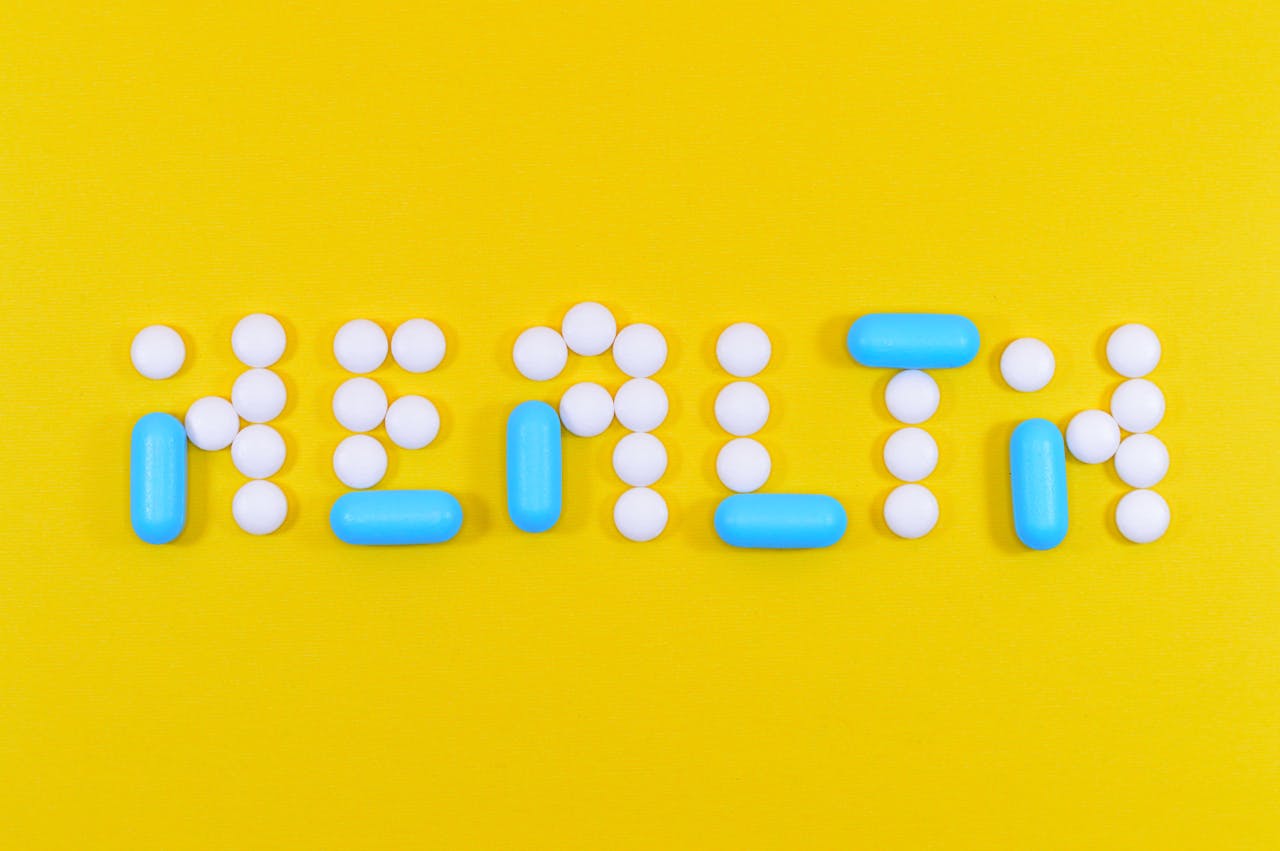Heart palpitations can be influenced by diet, so avoiding certain foods and drinks can help manage this condition. Here are seven foods and beverages to avoid if you have heart palpitations:
- Caffeine: Found in coffee, tea, soda, and energy drinks, caffeine is a common trigger for heart palpitations.
- Alcohol: Drinking alcohol can lead to dehydration and electrolyte imbalances, which can cause or worsen palpitations.
- Sugar and refined carbs: High sugar intake and refined carbohydrates can cause spikes and drops in blood sugar levels, potentially triggering palpitations.
- High-sodium foods: Excess salt can increase blood pressure and lead to fluid retention, which can stress the heart and lead to palpitations. Examples include processed foods, canned soups, and salty snacks.
- Foods with artificial additives: Some artificial additives and preservatives can trigger heart palpitations in sensitive individuals. Monosodium glutamate (MSG) is a common example.
- Chocolate: Chocolate contains caffeine and theobromine, both of which can contribute to heart palpitations.
- Fatty foods: High-fat meals, especially those high in unhealthy trans fats and saturated fats, can increase the risk of heart disease and may cause palpitations.
It’s important to remember that individual triggers can vary. Keeping a food diary and noting any episodes of palpitations can help identify personal triggers. Consulting with a healthcare professional or a dietitian can provide personalized advice and help manage heart palpitations effectively.

